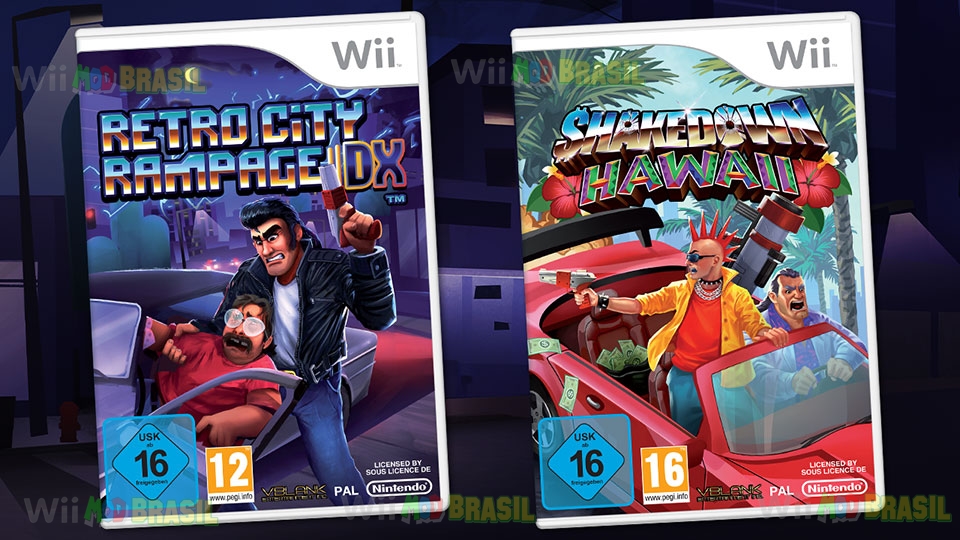

So why port Retro City Rampage to MS-DOS? Seems like a big timesink, especially when you say you're also working on a new project. With that in mind, I've gone ahead and published an edited version of our conversation about the ins and outs of releasing a DOS game in 2015. It also afforded him an opportunity to dig into contemporary development for MS-DOS, a challenging and idiosyncratic experience that fellow developers may find intriguing. This was really for fun, and for personal enjoyment." It's not the cool, fun puzzle-solving project that this DOS version was. porting to Wii U is mostly paperwork and certification and platform requirements and error messages and that kind of stuff. "People ask me why I don't make the time to port to Wii U or something like that, and honestly. " It was a real passion project," he told me.

Now, after "half a decade" of dreaming about it, he's done the same thing to bring it to DOS. He went on to crunch RCR back down into an authentic 8-bit game that could run on NES hardware, seemingly just for fun. Retro City Rampage was famously inspired by the 8-bit "demake" of Grand Theft Auto III that Provinciano coded in 6502 assembly language for his own homebrew NES hardware.įrom there, he was inspired to create RCR and port it for a simultaneous multi-platform launch in 2012.

Provinciano's passion for programming is well-documented, as is his love of retro hardware. "That's what I'm working on now, and that's kind of why it hasn't come out yet," Provinciano told me earlier this week when I phoned him up to ask how in the hell he's porting his 2D topdown open-world driver/shooter Retro City Rampageto MS-DOS in 2015. "I've got the digital version ready to be released, but I'd like to release it side-by-side with the floppy version."


 0 kommentar(er)
0 kommentar(er)
